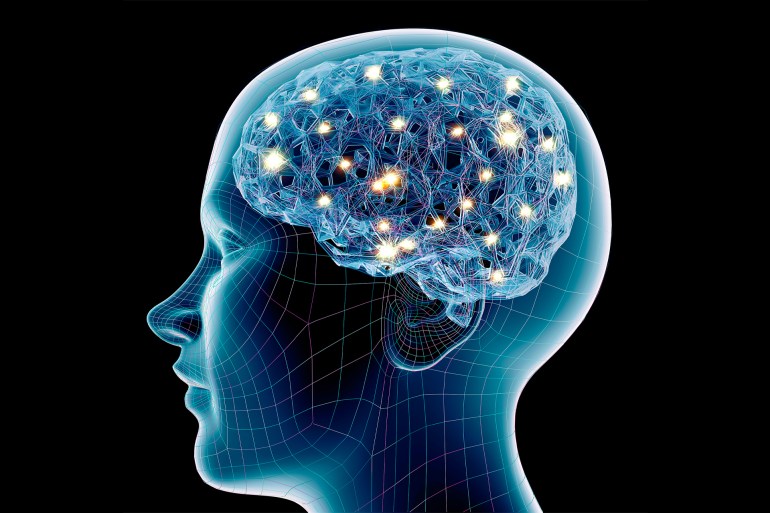Have you ever been shocked when you heard the news of the death of a famous public figure because you think she was already dead before?
Did you find that you are not the only one who believes this, but a large group of people share it with you?
This is not an isolated incident, but rather a recurring phenomenon.
Despite the strangeness of the matter, it is not a new thing, but rather it is a well-known phenomenon called the "Mandela Effect".
Psychologists "Sigmund Freud" and "Pierre Janet" introduced the term false memory, which does not mean that a person forgets an event that has already occurred, but rather remembers something that did not happen in the first place, and science attributed this matter to a number of reasons, including lack of sleep and asking misleading questions in The case of witnessing an accident, and there are some mental disorders that may lead to false memory, such as obsessive-compulsive disorder.
The phenomenon of the Mandela effect is similar to the phenomenon of false memory, it also means that the memory recalls an event or an unreal memory, but it differs in that a large segment of people carry this false memory and not one person.
The term false memory does not mean that a person forgets an event that has already occurred, but rather remembers something that did not happen in the first place (Getty Images)
Why the name Mandela?
Metaphysicist Fiona Broom coined the term "Mandela Effect" on the phenomenon of false collective memory in 2010, when she found that she shares a large group of people on the Internet who remember the death of the activist and President of South Africa, "Nelson Mandela", in the eighties of the last century while he was in prison. In fact, he was released from prison in 1990, and he did not even die until 3 years after observing this phenomenon.
The second difference between the phenomena of false memory and false collective memory is that the first has many scientific explanations that have been confirmed by scientists over the years, while the second phenomenon does not have a confirmed scientific explanation, but there are theories that have not been proven.
Malfunctions in the Matrix
The most important of these theories is a theory launched by "Fiona Broome" who discovered this phenomenon and gave it a name. According to her specialization in metaphysics, this phenomenon is due to a defect in the matrix or the Matrix, which means that there are worlds parallel to the world in which we live, and that some people have witnessed events in the world The other did not occur in our world, and because of a defect in the system, a confusion occurred between the worlds and these people became in our current world.
Although this theory may seem comical to some, science has not categorically denied parallel worlds. On the contrary, the theory of quantum mechanics opens the door to this hypothesis.
Science has not categorically denied parallel worlds (Getty Images)
Getting lost in the mall
There are other hypotheses, such as time travelers tampering with events. As for science, although it did not provide a confirmed explanation for this phenomenon, it presented several proposals regarding it, the most important of which is the “experience of getting lost in the mall” created by the psychological researcher and memory specialist, “Elizabeth Lofts” and her student. Jim Cowan", concerned with the cultivation of memory, they have proven by experience that when telling a made-up story about a person, over time the person himself may believe this story, and even begin to increase the details on it.
The "experience of being lost in the mall" may seem the closest to logic, although the Internet is an important means of documentation and history, the spread of the Internet and the ease of dealing with it for everyone contributed to the spread of the Mandela effect on a large scale, because the Internet is a wide place for the spread of false information, which is information that may It is unconsciously implanted in the collective memory, to make later a false collective memory.
The death of the Egyptian Field Marshal "Mohammed Hussein Tantawi" is the latest example of Mandela's influence. Immediately after his death was announced in September 2021, many Egyptians wrote about their belief that he was already dead.
It is not limited to public events only, but also extends to song lyrics and famous dialogue sentences from films, but to brands, characters and famous cartoons, the most famous of which is the example of the “Pikachu” character from the “Pokemon” series, despite the belief of many that the character has a yellow tail with a tip Black, it actually has a completely yellow tail except for some brown at its beginning.

